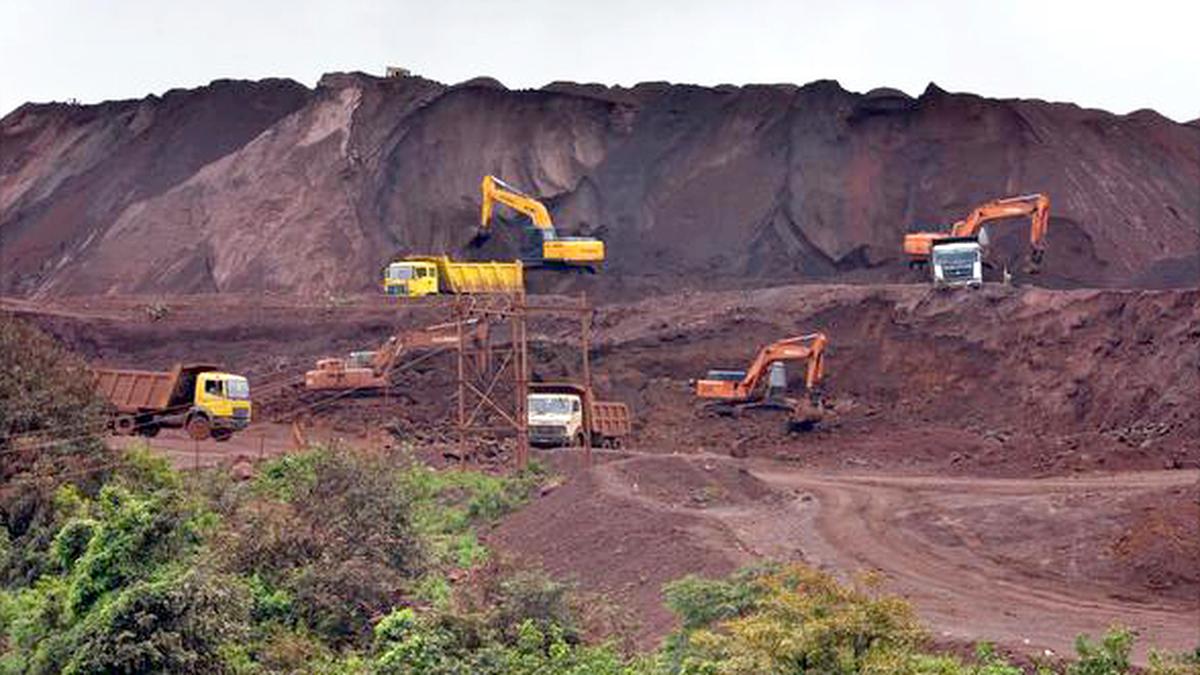By Gohar Ali Khan
Copyright brecorder

KARACHI: Implementing a comprehensive green banking system can decrease the threats of climate change – including mammoth floods, torrential rains and sweltering heat waves – and play a vital role in fostering the informal economy.
A green banking system is a way of running banks and financial institutions so that their operations, products, and investments are more environmentally sustainable and supportive of a green economy.
This could involve giving Small and Medium Enterprises (SMEs) green loan schemes and addressing the energy woes of both urban and rural housing schemes by installing Mini Solar Grids (MSGs) in the country.
The importance of mini solar grids
Talking to Business Recorder, economic strategist and regional expert Dr Mehmoodul Hassan Khan said global trends of installing MSGs are gaining momentum and this can be replicated in Pakistan.
According to a report by the World Bank, approximately 1.2 billion people will need to gain access to electricity to achieve universal access by 2030. Thus an ideal combination of a main grid extension, mini grids, and off-grid solar would be beneficial, he said.
What’s more, about half a billion people can be cost-effectively provided with electricity through mini grids. There is an urgent need to legally bind Pakistani builders and developers to install MSGs in order to carbon footnotes and eventually achieve the ultimate goal of carbon neutrality, Dr Khan added.
This should become a requirement for the approval of all new housing societies in the country.
The World Bank’s report is a promising sign showing that globally, at least 19,000 mini grids are installed in 134 countries, representing a total investment of $28 billion and providing electricity to about 47 million people. Asia has the most mini grids installed today, while Africa has the largest share of planned mini grids.
Green governance
Dr Khan said, “Undoubtedly a holistic and comprehensive green banking system would be instrumental in reducing the rising threats of climate change in the shape of floods, torrential rains and high temperatures in the country.”
He said green banks should fund projects around renewable energy infrastructure, and nature-based solutions such as urban forests (a new trend in European countries) restored wetlands, and climate-resilient urban planning with improved drainage and sustainable mobility.
According to him, “the State Bank of Pakistan should promote a green banking system in by directing all banks to prioritize their financing towards green transformation.”
They should give loans to environment friendly infrastructure developmental projects, and promote energy-efficient buildings, renewable energies, lithium batteries, electric vehicles, nurseries and water conservation projects.
Additionally, credit facilities for scaling up urban forests, green roofs, and restored wetlands can mitigate urban heat islands, absorb emissions, and manage storm-water effectively in the country.
Furthermore, loans to ‘green governance’ – a system of governing that integrates environmental sustainability into decision-making, policies, and development plans – can transform climate-resilient urban planning.
He also spoke about the importance of integrating predictive tools like Geographical Information System (GIS) and real-time monitoring systems enabling targeted interventions, proactive planning, and disaster management in the country.
Dr Khan believes public-private partnerships can mobilise resources for sustainable infrastructure and urban climate projects.
Green banking
Meanwhile, according to economic strategists, green banking cannot be rapidly developed without involving SMEs in the country. They said all commercial banks should create a new strategic roadmap for achieving an environmentally and socially sustainable SME sector.
A research report reveals that the SME sector in Pakistan faces a credit gap of approximately $5 billion, negatively affecting their sustainable growth prospects.
According to the report, commercial banks’ SME lending in 2023, met only 13% to 16% of the potential demand, leaving behind a significant gap.
Green and sustainable financing under the umbrella of green banking is a must to power the green SME revolution in Pakistan. Banks can finance the creation or the restructuring of SMEs under the prevailing ESG (Environmental, Social, and Governance) ideology.
Furthermore, programmes like the Bank of Punjab’s (BOP) Punjab Rozgar Scheme and the Prime Minister’s Youth Loan Scheme should also focus towards green SMEs.
The same should be the case with financing schemes like the BOP’s e-Business Qarza, Shamsi Tawanai, Refinance Scheme for Modernization of SMEs, Refinance Scheme for Women Entrepreneurs and e-vehicle financing.
National Bank of Pakistan (NBP) Senior Vice President of Pakistan Dr Munazza Abdul Majeed said the banking sector should adopt operational components of green banking, whereby financial institutions make their operations, lending, and investments environmentally sustainable
This includes green account opening, green financing, environment & social (E&S) due diligence, comprehensive Environmental & Social Management Systems (ESMS), lower greenhouse gas emissions and acceleration of clean energy transition.
Major commercial banks are offering environment friendly products for the assigned Sustainable Development Goals (SDGs) by the UN, the World Bank and the Asian Development Bank (ADB).
This includes green loans, renewable energy financing, and eco-friendly investment products such as solar panels, energy-efficient projects and project financing under the supervision of the Environment Protection Authority (EPA).
Dr Majeed said, “We must reduce the carbon footprint of financial institutions and promote sustainability by promoting green financing, sustainable investments, digital banking and paperless initiatives with e-statements and e-receipts.“
“Unfortunately, a fully dedicated green bank has not yet been officially launched in Pakistan, but the SBP is encouraging digitalization.”
Electric vehicles
Dr Majeed also said Pakistan can promote electric motorbikes and solar panels through green banks by offering low-interest loans, installment-based financing, and subsidies tied to environmental performance, as well as raising awareness.
She said green banks can partner with manufacturers to provide customers with affordable packages for electric motorbikes and rooftop solar systems. They can also introduce leasing models where consumers pay monthly installments from savings in fuel or electricity bills.
Government-backed guarantees and refinancing from the SBP can reduce risks for banks, encouraging wider adoption. This approach would support clean energy, cut fuel imports, reduce air pollution, and create new green jobs.
On top of that, being a central bank, the SBP should be socially and environmentally responsible for green operational activities. Investment in new projects of electric motorbikes and solar panels through green banks is the need of the day and green operational activities in the industry is not the expense but the cause of survival.



